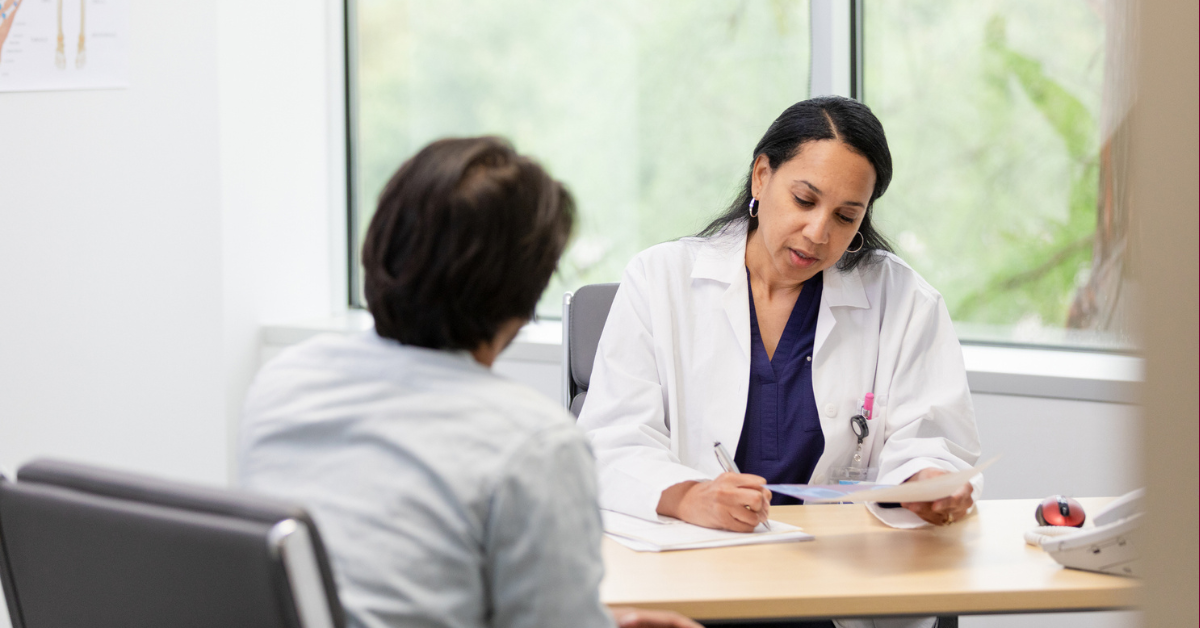
Alcohol and Cancer: Know the Risks
-
No level of alcohol use is risk-free
Having a drink to unwind and socialize with friends can be fun and relaxing. But drinking—even in moderation—isn’t completely without health risks, including when it comes to the risk of cancer.
Drinking any type of alcohol—including wine, beer, and hard liquor—increases the chances of developing several types of cancer, including:
- Mouth and throat
- Voice box
- Esophagus
- Colorectal
- Liver
- Breast (for women)
- Stomach
The more you drink over time, the greater the risk for these cancers. But even light drinking is linked to a modest increase in the risk of some cancers. For instance, drinking less than one drink a day may boost the risk of female breast cancer.
How does alcohol raise the risk of cancer?
Scientists are still learning about all the ways alcohol raises cancer risks. There are several possibilities, including:
- The body converts alcohol into a chemical called acetaldehyde that can damage your DNA and cause cancer.
- Alcohol may raise levels of the hormone estrogen, which may fuel breast cancer.
- Alcohol is a known carcinogen. In addition, it may contain other carcinogens that are introduced during the fermentation process.
- Alcohol may impair the body’s ability to break down and absorb vitamins and other nutrients that may help to lower cancer risk.
Alcohol use can also heighten the effects of another cancer risk factor: smoking. If you smoke and drink alcohol, your chances of developing mouth, throat, and esophageal cancers are much greater than if you only drank or only smoked. This may be because alcohol makes it easier for carcinogens in tobacco to enter and damage cells.
Rethinking drinking’s benefits?
Although there may be potential health benefits when it comes to alcohol, that’s not a reason to start drinking or to drink more. In fact, it’s worth noting that earlier studies may have overestimated the benefits of alcohol use on cardiovascular health. Newer, better studies have found little to no protective effect, according to the National Institute on Alcohol Abuse and Alcoholism.
Alcohol use, particularly excessive drinking, can harm the body in other ways besides raising the risk of cancer. For example, heavy drinking can increase the risk of high blood pressure, heart disease, stroke, liver disease, and pancreatitis.
What you can do if you’re concerned about your risk
Drinking is a personal decision. It’s important to make an informed choice and to consider how alcohol may affect your health—including your overall risk of cancer. While the added risk linked to moderate drinking may not be huge, it may be important to you.
If you’re concerned about the risk of alcohol-related cancer, you can reduce your risk by cutting back. Drinking less alcohol is better for your health than drinking more, according to U.S. public health officials.
If you choose to drink, do so in moderation—no more than two drinks in a day for men or no more than one drink in a day for women, according to U.S. dietary guidelines.
If you decide to reduce your drinking, these tips may help:
● Give non-alcoholic “mocktails” a try.
● Choose smaller sizes of drinks.
● Find other fun things to do that don’t involve drinking.
If you have concerns about your use of alcohol or if you need help with stopping drinking, let your doctor know.
